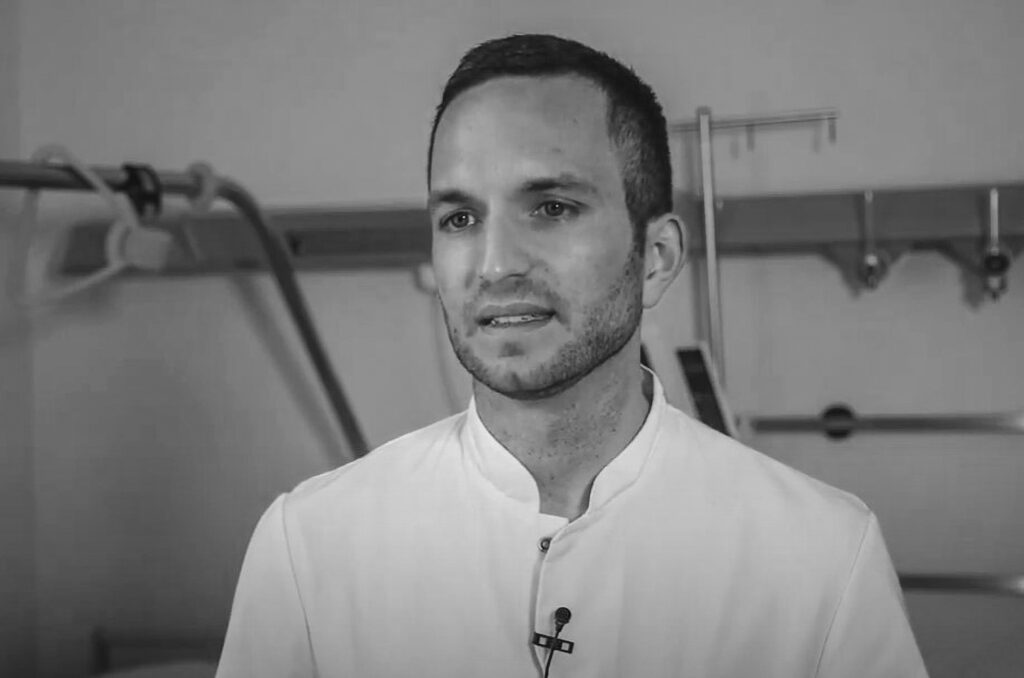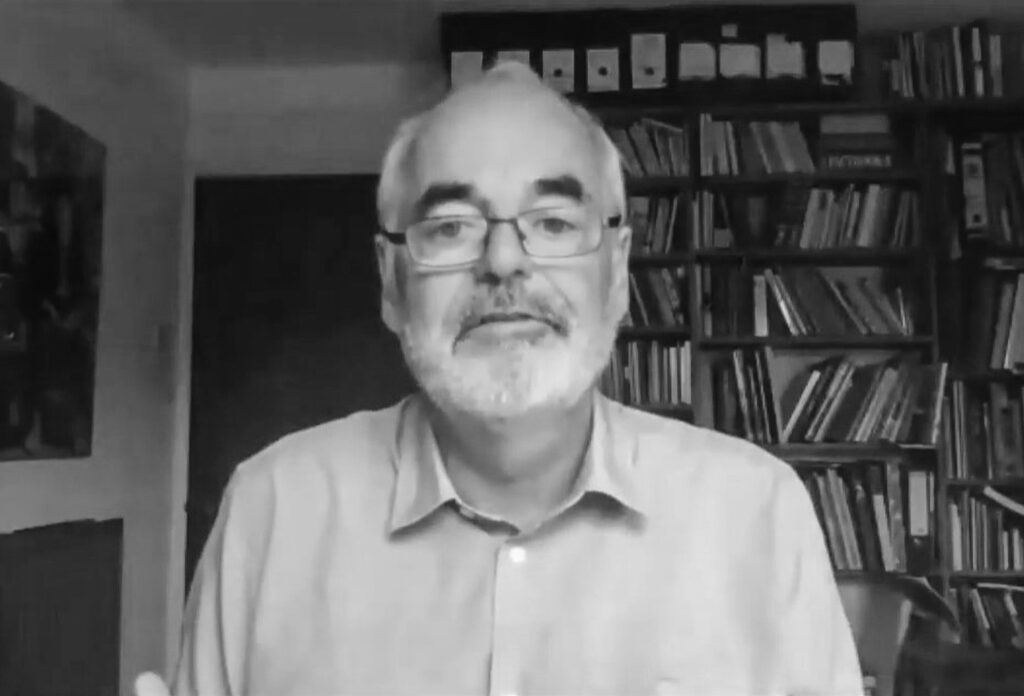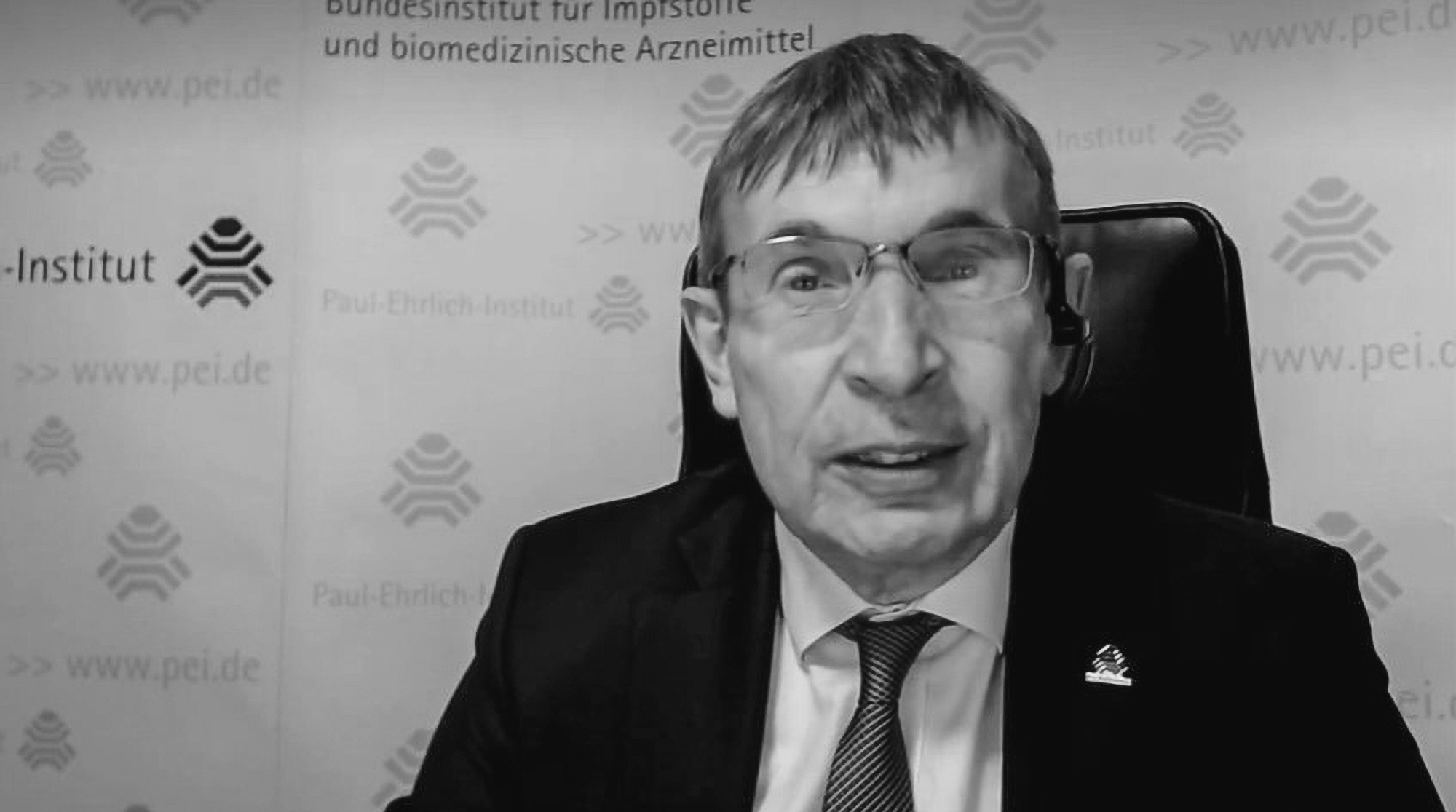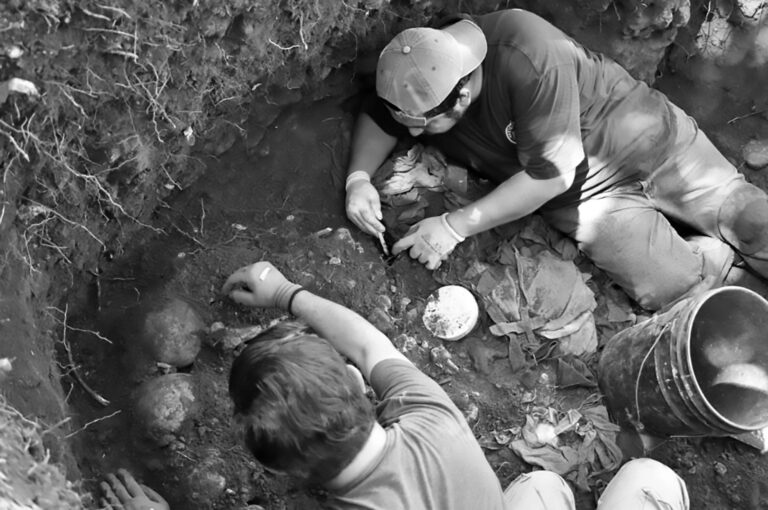Three of the seven German citizens who developed thrombosis after receiving an AstraZeneca shot have died.
Klaus Cichutek, president of the Paul Erlich Institute (PEI), confirmed the thrombosis deaths in the German capital Berlin on Monday evening.
Cichutek, who previously recommended a suspension of the AstraZeneca vaccine, said: “We have a new situation due to the new investigations, but also new reports.”
Even though the UK has not reported such cases yet, the current German findings are about to be compared within the EU databases.
Cichutek said that he does not mind if the vaccination campaign takes longer than expected if it ensures citizens are being offered safe and effective vaccines.

According to the PEI president, people who received an AstraZeneca shot have nothing to fear if they got it over 16 days ago. He said residents should consult a doctor if they feel persistent headaches or skin bleeding during the first few days after the vaccination.
Meanwhile, UK experts have criticised Germany’s withdrawal of AstraZeneca vaccines.
University of Cambridge statistics professor David Spiegelhalter said on Monday: “In the face of uncertainty, it is good to be careful. But in the current circumstances with the number of cases increasing in Germany, caution should dictate vaccinating as many people as possible, as soon as possible.”
The professor also emphasised that clinical studies which led to the approval of the AstraZeneca vaccine have shown it to be ‘extremely safe’ and added that Germany’s decisions “are difficult decisions in unusual times”.
In addition, his opinion was supported by Christoph Spinner, a pandemic officer at the Rechts der Isar Hospital in Munich who sees the AstraZeneca vaccine as necessary.
The senior physician told the German Press Agency: “The Astra Zeneca is the second most important vaccine for us.”
According to Federal Health Minister Jens Spahn, 40, from the Christian Democratic Union of Germany (CDU), seven cases of thrombosis in 1.6 million vaccinations are “very rare.”
Physician Christoph Spinner added: “The advantages of vaccination outweigh the negatives. Incidentally, a severe COVID-19 infection can also cause thromboembolic outcome. For this reason alone, vaccination is absolutely logical.”

However, Spinner expects that the number of reports of thrombosis cases will rise, which in turn will further reduce the confidence in the AstraZeneca vaccine.
He said: “The decision to suspend the rollout causes great damage to the confidence in the vaccine. This is difficult to repair later on.”
To find out more about the author, editor or agency that supplied this story – please click below.
Story By: Georgina Jadikovska, Sub-Editor: Marija Stojkoska, Agency: Newsflash
The Ananova page is created by and dedicated to professional, independent freelance journalists. It is a place for us to showcase our work. When our news is sold to our media partners, we will include the link here.




